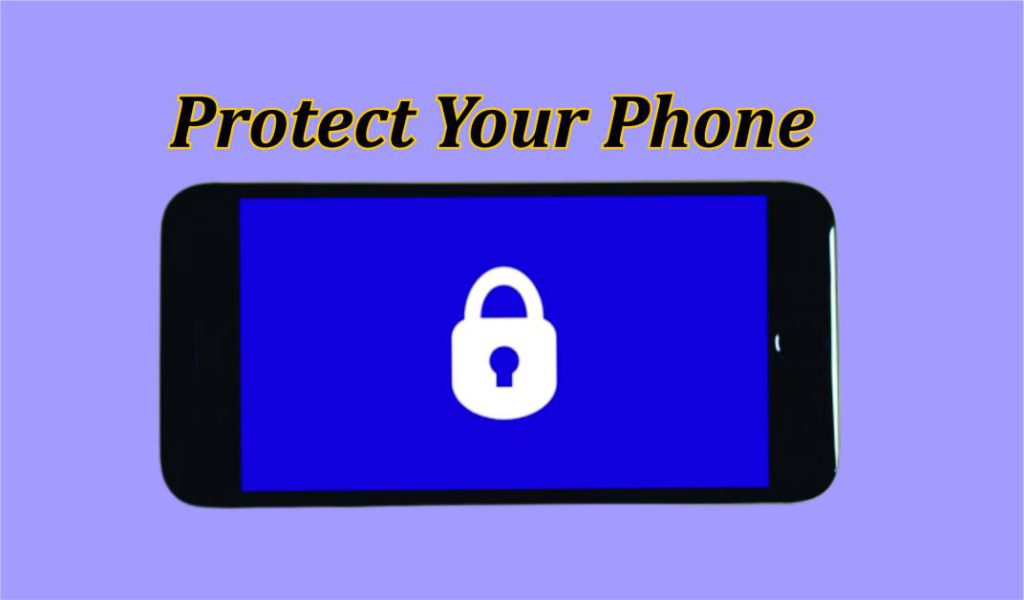How to Protect Your Phone from Scammers: Top Ways to Keep Your Data Safe

Your smartphone is a precious commodity. Not only does it keep you connected with the world, but it also stores a wealth of personal data – from your contacts and calendar appointments to your banking information and photos. It’s no wonder that scammers are targeting smartphones more and more in their attempts to steal your data. But don’t worry – we’re here to help! In this blog post, we’ll share our top tips for protecting your phone from scammers. Read on to learn how to keep your data safe!
Protect your phone
The first step to protecting your phone from scammers is to protect your physical device. Just like you would with your wallet or purse, keep your phone close to you and out of sight when you’re not using it. This will help to deter potential thieves and also make it more difficult for them to access your data if they do manage to get their hands on your phone. There is a lot of detailed information on the Internet about how to catch cheaters on iPhone and Android.
Phone hacking statistics by hackers in 2021: expert opinions
As we’ve seen, there are a number of different ways that scammers can target your smartphone in an attempt to steal your data. But what does the future hold for phone hacking? We asked a few experts for their thoughts on the matter.
“I think we’ll see more sophisticated attacks targeting specific types of data,” says Peter Campbell, a security analyst at CyberEdge Group. “For example, we may see more attacks that focus on stealing financial information or personal data like addresses and phone numbers.”
“Attackers are always looking for new ways to exploit vulnerabilities,” adds Sarah Edwards, a senior threat researcher at Mimecast. “I think we’ll see more attacks that use AI and machine learning to automate the process of finding and exploiting these vulnerabilities.”
“I think we’ll also see an increase in so-called ‘ransomware’ attacks,” says Campbell. “These are where hackers encrypt your data and demand a ransom payment in order to decrypt it. We’ve already seen a few high-profile cases of this in recent years, and I think it’s only going to become more common.”

Delete old apps and update the ones that are left
One way that scammers can access your data is through insecure or outdated apps. To reduce the risk of this happening, delete any apps that you no longer use and make sure that the ones you have installed are always up-to-date. You can usually set your apps to update automatically, but it’s a good idea to check for updates manually from time to time as well.
Read about how to remotely lock your smartphone data in case of an emergency
If your phone does end up in the wrong hands, you can minimize the damage by knowing how to remotely lock your device and erase its data. This way, even if a thief has access to your physical device, they won’t be able to do much with it. Most smartphones have this functionality built-in, but it’s always a good idea to familiarize yourself with the process before you need to use it.
Back up the data on your phone
Another important step you can take is to regularly back up the data on your phone. That way, even if your device is lost or stolen, you won’t lose all of your important files and photos. There are a number of different ways to back up your data, so find the method that works best for you and make sure to do it on a regular basis.
Stick to the official app stores
When downloading new apps, it’s important to stick to official app stores like the App Store or Google Play. This will help to ensure that the apps you’re installing are legitimate and haven’t been tampered with by scammers. While it’s still possible for scammers to get their apps into these stores, it’s much less likely than if you were to download them from an unofficial source.
Use VPN
Another way to protect your data is to use a VPN or virtual private network. A VPN encrypts your internet traffic and can help to keep your data safe from hackers, scammers, and other cyber criminals. There are a number of different VPNs to choose from, so do some research and find the one that’s right for you.
Use extra protection with your face, finger, pattern, or PIN
Most smartphones come with some form of biometric security these days, whether it’s fingerprint recognition, facial recognition, or a pattern or PIN code. These features can add an extra layer of protection to your device and make it more difficult for thieves to access your data. So if your phone has any of these features, be sure to use them!
Conclusion
As you can see, there are a number of different ways that scammers can target your smartphone. But by taking some simple precautions, you can help to protect your data from these threats. So make sure to delete old apps, update the ones you have installed, and back up your data on a regular basis. You should also stick to official app stores and use a VPN to encrypt your internet traffic. And finally, don’t forget to use the extra security features that come with your phone, like fingerprint recognition or facial recognition. By taking these steps, you can help to keep your data safe from scammers and hackers.




